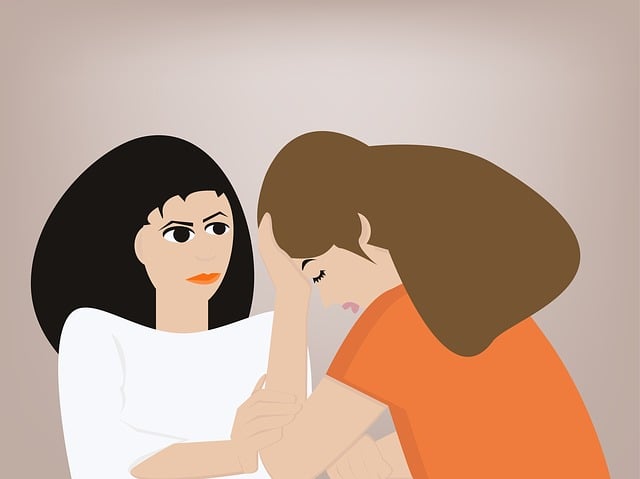Civil commitment proceedings in Oregon, particularly within Marion County, are governed by robust mental health law frameworks designed to protect both individuals with severe mental illnesses and community safety. The Oregon commitment process prioritizes due process, ensuring access to legal representation and the right to challenge orders in court. This system mandates regular review hearings, access to mental health services, and protection from unjust confinement, balancing individual rights with community safety while fostering humane mental health care. Specialized advocacy groups and legal professionals play a critical role in guiding individuals through this intricate system, upholding justice, and ensuring fair treatment.
“Unveiling the intricacies of civil commitment policies and laws is essential for understanding the balance between public safety and individual freedoms. This article explores critical legal insights through a focus on Oregon’s unique approach to civil commitment proceedings. We delve into the specifics of how these processes work, with a particular emphasis on Marion County’s advocacy efforts in mental health law. Furthermore, we examine the role of legal representation in ensuring fairness and protecting rights within Oregon’s commitment process, offering valuable insights for those involved in mental health cases.”
- Understanding Civil Commitment Proceedings: A Glimpse into Oregon's Approach
- Mental Health Law and Advocacy: Unraveling Rights in Marion County
- Legal Representation in Oregon Commitment Process: Ensuring Fairness and Protection
Understanding Civil Commitment Proceedings: A Glimpse into Oregon's Approach

Civil commitment proceedings, grounded in mental health law, play a pivotal role in ensuring safety and treatment for individuals struggling with severe mental illnesses. In Oregon, particularly within Marion County advocacy circles, the commitment process is meticulously structured to balance the rights of the individual with the need for community protection. This approach involves a comprehensive evaluation by medical professionals who determine if an individual poses a danger to themselves or others, as well as their ability to care for themselves.
The Oregon commitment process prioritizes due process, affording individuals involved robust legal representation and the opportunity to challenge or accept the commitment order in court. These proceedings are not merely administrative; they trigger a series of obligations and rights, including access to mental health services, regular review hearings, and protection from arbitrary or unjustified confinement. Such meticulous handling of civil commitment cases reflects Oregon’s commitment to humane and effective mental health care.
Mental Health Law and Advocacy: Unraveling Rights in Marion County

In Marion County, Oregon, navigating the intricate landscape of mental health law requires a deep understanding of both civil commitment proceedings and the rights upheld within these cases. Mental health advocacy plays a pivotal role in ensuring that individuals facing commitment receive fair treatment and access to legal representation. The Oregon commitment process grants certain rights to those subject to evaluation, including the right to counsel, ensuring they are protected throughout the procedures.
Advocacy groups and legal professionals specialized in mental health law are instrumental in guiding clients through the complex system. They provide invaluable support, especially for those who may face civil commitment proceedings without prior experience or understanding of their rights. This strategic assistance is crucial in upholding the principles of justice and fairness within Marion County’s mental health care framework.
Legal Representation in Oregon Commitment Process: Ensuring Fairness and Protection

In Oregon, particularly within Marion County, the civil commitment proceedings for individuals facing mental health challenges are governed by strict legal frameworks designed to protect their rights. The Oregon commitment process prioritizes fairness and due process, ensuring that every individual involved has access to competent legal representation. This is crucial in navigating the complexities of mental health law, where rights and freedoms can be easily overlooked or misunderstood.
Legal representation plays a pivotal role in defending an individual’s interests during civil commitment proceedings. Marion County advocacy groups and attorneys specialized in mental health law are equipped to challenge any potential abuses, ensuring that the commitment is based on sound medical evidence and adherence to legal standards. This safeguards against arbitrary decisions and promotes a system where the rights of those with mental health issues are respected and upheld.
